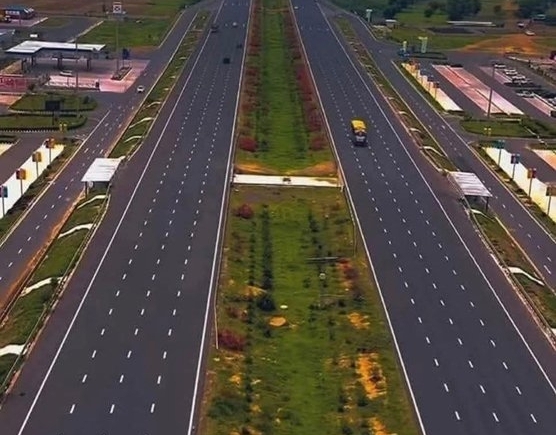The sixth China International Import Expo (CIIE), otherwise known as the Canton Fair, which runs from November 5 and ends on November 10 in Shanghai, is being held at a time when the world is striving to recover from the devastating Covid-19 pandemic.
It is also the first CIIE since China reopened its international boundaries in December, 2022, after the travel restrictions arising from the breakout of the pandemic in 2020.
All regions globally felt the economic blow arising from disruption of supply chains, particularly from the so-called world’s factory. Industrialising countries in the Global South were the hardest hit for lack of industrial machinery inputs, which they import mainly from China. Critically though, developing countries lost a lot of revenue usually earned from exports of raw materials like metals, mineral products, fuel and agricultural produce to China.
The CIIE proved its resilience by being held for the last three years amid the pandemic, albeit at a smaller scale than its first two editions in 2018 and 2019. But the event has still managed to grow in stature, and play its cardinal role of giving exporters a bird’s eye view of the vast and lucrative Chinese domestic market. The CIIE will also be a window for foreigners to learn from China’s current push to modernization.
CIIE 2023 is an ideal opportunity for China to make good the further opening up of its domestic market to the rest of the world, and offer new opportunities for foreign enterprises. Africa, the largest developing region in the world, is one of the biggest beneficiaries of this potential importers’ fete. According to a report published by the International Monetary Fund in October, China has emerged as sub-Saharan Africa's largest individual country trading partner in the last 20 years. One-fifth of the region's total goods exports go to China, with metals, mineral products, and fuel comprising about three fifths of the region's exports to China.
This year’s CIIE was preceded by the 134th Canton Fair – otherwise known as the China Import and Export Fair, which ended on November 4 after its opening in October 15 in Guangzhou. The biannual Canton Fair, which is China’s largest trade fair, is a trade haven linking overseas buyers with domestic exhibitors. The event was held in-person for the first time in three years due to the pandemic restrictions in 2020.
During this year’s Canton Fair, Chinese enterprises inked $22.3 billion worth of export deals offline, proving yet again that the country’s products are not only of high quality, but are also value for money. Both the CIIE and the Canton Fair are not only the most ideal gauge of China’s foreign trade health, but they also act as catalysts for, and enhancers of global development.
By purchasing overseas goods, China has greatly supported developing economies to stabilize and grow. It is also instructive that a significant part of exports to China have been enabled by Chinese built infrastructure including roads, airports, railways and sea ports. The global economy will benefit immensely from the establishment of the Belt and Road Initiative, the project linking China with the rest of the world through increasing transcontinental trade routes.
The CIIE is invaluable more than ever before to the world economy as the latter recalibrates after the negative effects of the pandemic. Since 2018 when the first annual expo was held, the CIIE has drawn on the synergy of China's massive market, acted as a veritable platform for international procurement, investment promotion, people-to-people exchanges, and contributed immensely to global economic development.
The World Bank notes that following China’s reopening after the pandemic, its Gross Domestic Product is expected to rebound to 5.1 percent growth in 2023, from three percent in 2022. Growth will be led by a recovery in demand, particularly for services. To meet this demand, China will need to import more goods and services to complete its supply chain.
At the opening ceremony of the fifth opening of the CIIE on November 4, 2022 President Xi Jinping noted that “today the CIIE has become a showcase of China's new development paradigm, a platform for high-standard opening-up, and a public good for the whole world.” The President reaffirmed the foregoing position in his letter to the CIIE 2023 on November 5 by pledging that “China will firmly advance high-standard opening up and continue to make economic globalization more open, inclusive, balanced and beneficial to all.”
Going by the increasing success of the country’s trade fairs, these are not empty promises. It is a two-way street which China will expand constantly to allow more foreign enterprises move in either direction. The CIIE is an opportunity to help in narrowing the balance of trade between China and its trade partners, helping to achieve win-win cooperation and mutual development.
The CIIE will help exporters to benchmark their products’ quality and innovativeness with what the second largest economy has to offer. As a leader in the fast growing green energy sector, for instance, exporters to the Chinese market will also have to ensure that their products are in line with the strict curbs on the country’s carbon footprint.
Stephen Ndegwa is the Executive Director of South-South Dialogues, a Nairobi-based communications development think tank.












